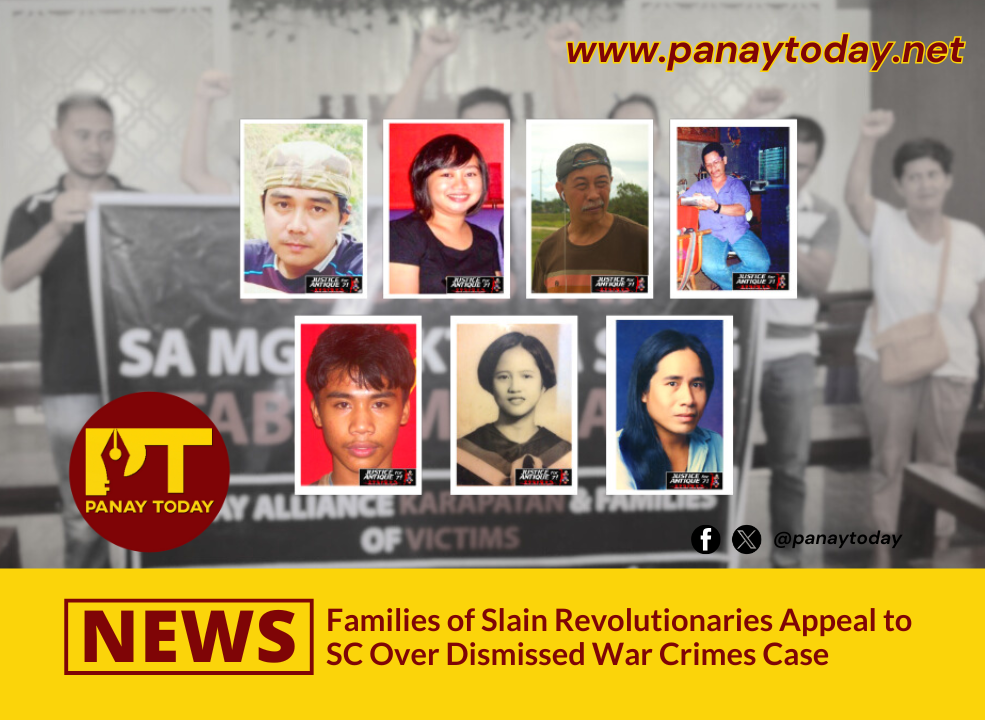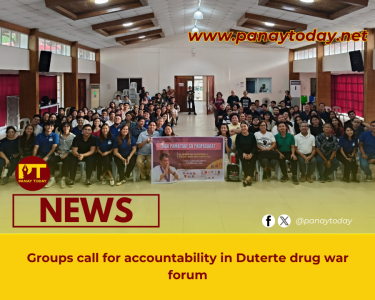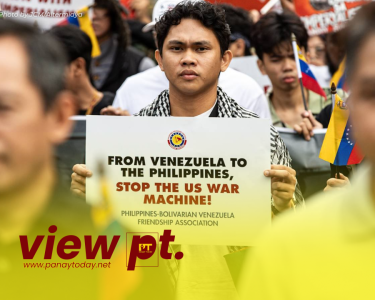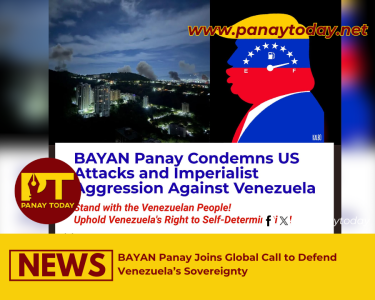By Juliane Judilla
The families of seven slain National Democratic Front (NDF) staff members filed a petition before the Supreme Court on January 3, challenging the Ombudsman’s decision to dismiss the war crimes case filed against officials of the Philippine National Police (PNP) and the Armed Forces of the Philippines (AFP).
On August 15, 2018, seven NDF members, including Felix Salditos, Peter Mecenas, Jayson Talibo, Liezel Bandiola, Jason Sanchez, Eldie Labinghisa, and Karen Ceralvo—collectively known as the “Antique 7”—were killed in a joint PNP-AFP operation in Antique. The NDF claims the victims were unarmed and already in the custody of state forces when killed. However, state forces assert the victims were New People’s Army (NPA) rebels who died in an alleged firefight.
In August 2019, the families of the Antique 7 filed a war crimes complaint before the Ombudsman, asking for an investigation into the actions of the PNP and AFP officers involved. The Ombudsman dismissed the case, ruling that the families failed to substantiate their claims and citing the “presumption of regularity” in the actions of the police and military. A series of autopsies carried out by the Commission on Human Rights revealed signs of abuse, including blunt force trauma, suggesting the victims were tortured before being executed.
After five years, the families are now appealing to the Supreme Court, seeking to reverse the Ombudsman’s decision. They assert there is enough forensic evidence to hold the officers accountable and accuse the government of failing to properly investigate the case in accordance with both domestic and international law. They also cited the Comprehensive Agreement on Respect for Human Rights and International Humanitarian Law (CARHRIHL), which was agreed upon by both the government of the Philippines and the NDF in 1998. This agreement requires both parties to abide by international human rights and humanitarian standards during hostilities, which prohibit the targeting and killing of civilians, prisoners of war, persons hors de combat, or those who are not or no longer taking part in hostilities. Both international law and R.A. 9851 define such killings as war crimes. They also argue that the Ombudsman’s refusal to subpoena critical records undermines the search for justice.
In response to the complaint, human rights group Panay Alliance Karapatan calls on the Supreme Court to ensure that international human rights and humanitarian laws are strictly applied during armed conflicts.
“We call on the Supreme Court to ensure that the Philippine government complies with its legal obligations to strictly apply humanitarian and human rights law during armed conflict and to investigate and punish crimes attributed to state forces,” the group said in a press statement. “We urge the public, civil society organizations, and justice advocates to support the victims’ families in their pursuit of truth and accountability. In doing so, we give more strength to the fight against impunity. Let the ‘Antique 7 Massacre’ serve as a reminder that the victims’ lives will not be forgotten, and that, ultimately, justice must prevail,” the group added./PT





